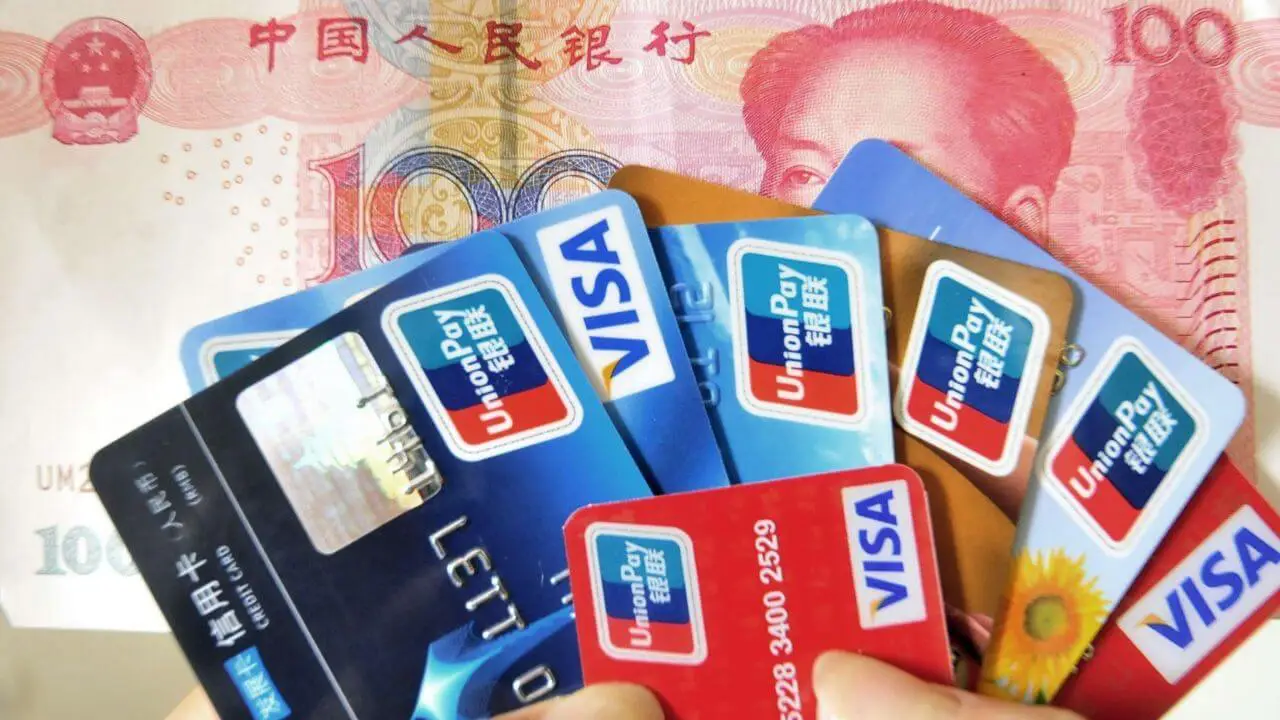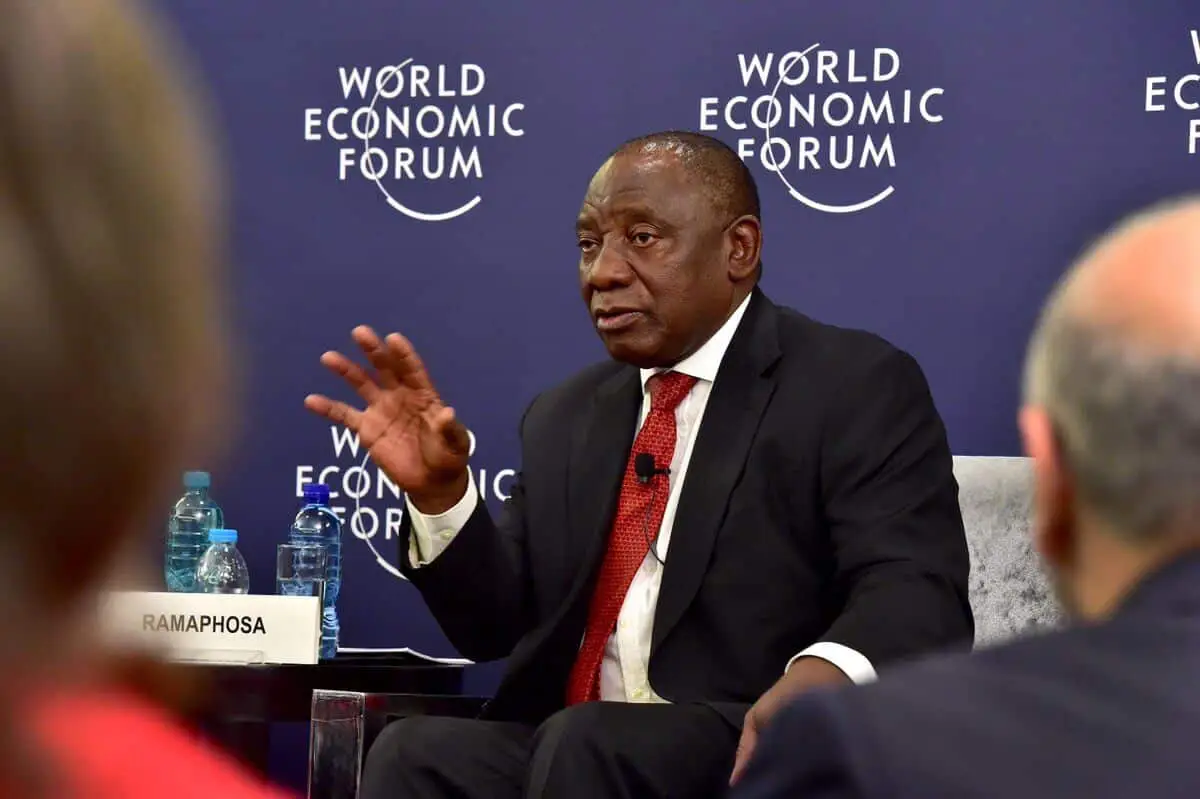China Still Reluctant to Open its Market to Visa and Master Card

After the recent declaration by the Chinese Government of opening up its economy to the foreign players, it can be said that China has not lived up to its promises.
The most sought-after sector is still unreachable by foreign players. Foreign companies do not fully penetrate the country’s financial market. However, after a series of allegations by the companies globally, China has released a bunch of announcements in order to loosen the grip over the sector. Experts were surprised by the announcements at that moment. So, 2018 has seen opening up of the second largest economy of the world. But, there is a certain segment of the financial market, which still has no major access to the massive Asian market.
The segment in the question is Payment Services. As per some reports, People’s Bank of China has not yet formally acknowledged the application forms of Visa and Mastercard to allow these companies to process yuan payments. As per reports, the two companies have filed the application more than a year ago, and as per the regulations of the Central bank, once acknowledged, the decision on the application needs to be done within 90 days.
Though, Visa and MasterCard refused to give any comments on the whole episode. The central bank’s head of payments said that Mastercard had already withdrawn its application last June and Visa’s application lacked some supplement materials.
The Central bank’s representative also said that in the whole process the bank had never raised the issue of full ownership or the requirement of a joint venture in order to get full access to the Chinese market.
Once the two Payment majors get access to the Chinese market, they will have to compete with the local card payment company UnionPay. China’s Central Bank has the highest shares in the company, and it has the complete coverage in the local market, and it also has expanded in the foreign markets as well.
As per statistics, UnionPay has a market share of 36 percent in global bank card payments whereas Visa and Mastercard have 32 percent and 20 percent market share in bank card payment respectively.
China’s reluctance in giving foreign access-
Though there are concerns over China’s reluctance to provide access to its financial market, it has brought many changes recently on that front.
In November, the Central Bank of China granted access to American Express preliminary approval to process and settle domestic Yuan payments. However, it approved the access as American Express agreed to work in a joint venture with a local company Lian Lian.
After a few weeks, UBS announced having the permission of the China Securities Regulatory Commission for increasing stake in the local joint venture to a majority of 51 percent. UBS is the first foreign bank on the Chinese soil to own this much of ownership percentage.
In 2018, both President Xi Jinping and Premier Li Keqiang have announced that China would provide better access to its markets for the foreign companies. They also committed to removing the limit on the stock holding in banks, insurance, and securities sectors. They also would allow foreign investors to buy and trade on mainland-traded stocks.
Xiao Yuanqi, the spokesperson for the China Banking and Insurance Regulatory Commission, said China would further open up its financial market for the banks, insurance companies, and stockbroking agencies. It would be happy to serve as a hub for investment which in turn may bring in professionals and technologies.
However, critics say China has not lived up to the promises it made in 2001 at the time of joining the World Trade Organisation (WTO). Denying access to the bank card industry is just one example, and there are lots of industries it still provides no access to. They also accused China of violating norms of the WTO by putting a mandatory clause for payment companies to work with UnionPay for all Yuan dominated payments.
In the era of globalization, China is doing the same damage to global trade; it has been alleging the United States of. By not opening up its economy but pushing its exports, China has been able to increase its trade surplus globally. But, in the regime of WTO, this will not go unnoticed for very long. China should consider providing the same amount of access to foreign players; it has been receiving abroad.












